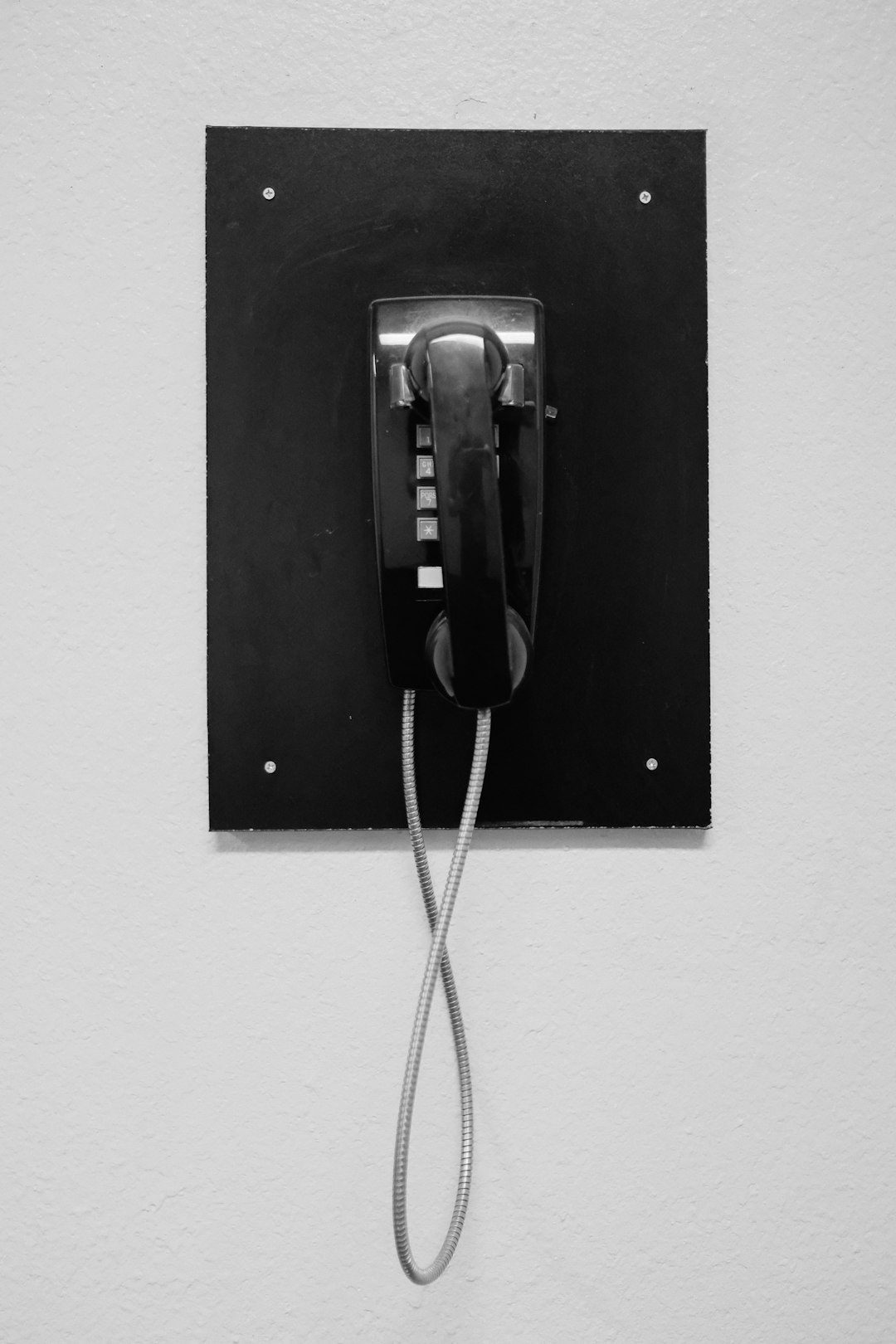In New Mexico, especially Santa Fe, the widespread use of autodialers in telemarketing has sparked consumer frustration and privacy concerns. The Do Not Call Registry has significantly reduced unwanted calls, demonstrating its success in protecting privacy. Residents with autodial-related issues have legal recourse through specialized lawyers for autodialer New Mexico who can guide them on rights, draft agreements, send cease-and-desist letters, file complaints, or pursue legal action against violators, ensuring robust consumer protections despite evolving technologies.
“In Santa Fe, NM, the Do Not Call Registry aims to curb unwanted telemarketing calls, but its effectiveness is a topic of interest. This article delves into the legal framework surrounding the registry and its impact on residents. We explore the role of telemarketers and autodialers in the city and analyze whether registered numbers are seeing a decrease in unsolicited calls.
For New Mexico residents considering their legal options, understanding consumer rights and remedies is crucial. If the registry proves ineffective, consulting with an experienced lawyer specializing in autodialer cases can be pivotal.”
Understanding the Do Not Call Registry: A Legal Perspective for New Mexico Residents
The Role of Telemarketing and Autodialers in Santa Fe, NM
In Santa Fe, NM, telemarketing plays a significant role in the local economy, with many businesses relying on cold calling to reach potential customers. However, the presence of autodialers and automated messaging systems has intensified this practice, often leading to consumer frustration and privacy concerns. These technologies, while efficient for bulk communication, can be intrusive when used without regard for individual preferences or consent.
The increased use of autodialers has prompted residents to seek legal recourse, leading many to consult with a lawyer for autodialer issues in New Mexico. The Do Not Call Registry aims to mitigate these problems by allowing individuals to opt-out of unsolicited calls, but its effectiveness is often debated due to the challenges posed by advanced telemarketing techniques. Understanding the role of telemarketers and their technologies is crucial in evaluating how well the registry functions for Santa Fe residents.
Evaluating the Impact: Are Calls from Regulated Sources Decreasing?
In evaluating the effectiveness of the Do Not Call Registry in Santa Fe, NM, one crucial metric to consider is the decline in unwanted calls from regulated sources. This includes telemarketers and automated dialing systems, commonly known as autodialers. Many residents who have registered their numbers report a significant reduction in marketing calls, indicating the registry’s success in offering relief from persistent and intrusive sales pitches.
A lawyer for autodialer in New Mexico can attest to the changing landscape of consumer protection laws. With stricter regulations in place, businesses are becoming more mindful of calling practices, leading to fewer unwanted calls. This shift is particularly notable among reputable companies who respect consumer privacy. As a result, the Do Not Call Registry is proving its worth by empowering Santa Fe residents to regain control over their phone lines and enjoy a quieter, more peaceful environment.
Consumer Rights and Remedies: What If the Registry Isn't Effective? (A Lawyer's Guide)
In many cases, consumers have rights and remedies available if they feel their privacy has been violated or their Do Not Call Registry registration hasn’t been respected. If residents of Santa Fe, NM, believe that their rights have been infringed upon by telemarketers using autodialers, they can seek legal advice from a lawyer specializing in New Mexico consumer law. These attorneys can guide clients on how to navigate the legal system and enforce their rights under state laws.
For instance, if a resident has registered their number with the Do Not Call Registry but continues to receive unwanted calls, a lawyer for autodialer in New Mexico can help determine if there’s a breach of contract or violation of the Telephone Consumer Protection Act (TCPA). They might assist in sending cease-and-desist letters, filing complaints with regulatory bodies, or even pursuing legal action against the offending companies. Understanding these options is crucial, especially as technology evolves and new methods of communication emerge, ensuring that consumer rights are protected.






